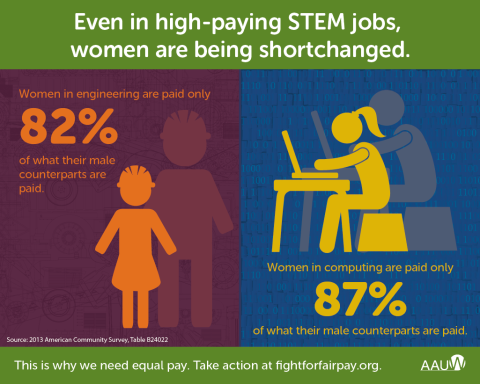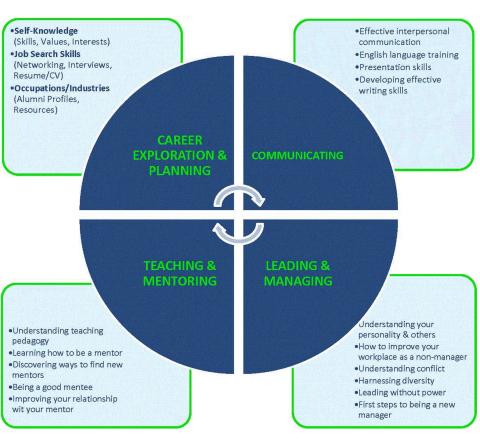In recent weeks, many well trained and educated fellows have been offered positions in industry and other non-academic settings. While that is good news, some were caught off guard because they were asked about salary requirements, start dates, or seemingly offered the position.

Part two of a two-part series written by guest blogger Dr. Phil Ryan, Director of Student Services at the Office of Intramural Training and Education.

Asking for a raise can be anxiety provoking; therefore, many people put it off because they are afraid. A very common error is to hope the problem will be magically solved and your boss will automatically remedy the situation for you. The second most common mistake is allowing the built up resentment of feeling underpaid to grow to a point where you begin making aggressive demands.
Generally, neither approach is successful. If you are hoping for a pay increase, here are some things to take into consideration before having that conversation with your boss.

Pondering a career in industry? Then you need to be aware that the industry job offer may contain elements not part of offers in academia, government or non-profits; industry jobs often include a profit sharing plan.
Industry profit sharing takes two basic forms; dividends, a cash payment made to employees and share-holders based upon the performance of the company, usually on an annual basis, and equity, the actual ownership of shares of the company. Equity in a company is granted by one of the following methods:
Post written by Sharon Milgram, Director of The Office of Intramural Training & Education.
In our last blog post we talked about negotiating for an academic job search. This week, we will highlight tips for negotiating any non-faculty position. Like last week, this blog post is intended to give you an overview of how to prepare for negotiations. For more in-depth information on negotiating for non-academic job offers, view our video here.
If you have been following our Calendar for Career Success, October is the month to prepare yourself to negotiate a job offer. Because the preparation for negotiating an academic position versus a non-academic position is so divergent, we are going to cover them in separate blog posts. This week, we will give a brief overview of how to prepare for negotiating academic job offerings.
This is the twenty first in a series of profiles about recent NIH postdocs who have found an array of jobs, from academia to industry to communications and beyond, in the U.S. and abroad. What do they do now, and how did they get there? What challenges did they face, and what advice do they have? Read on to find out.
Name: Dr Brenda Diane Kostelecky
Job title and company: Health Science Policy Analyst, NCI
Location: Bethesda, MD
How long you’ve been in your current job: 10 months

